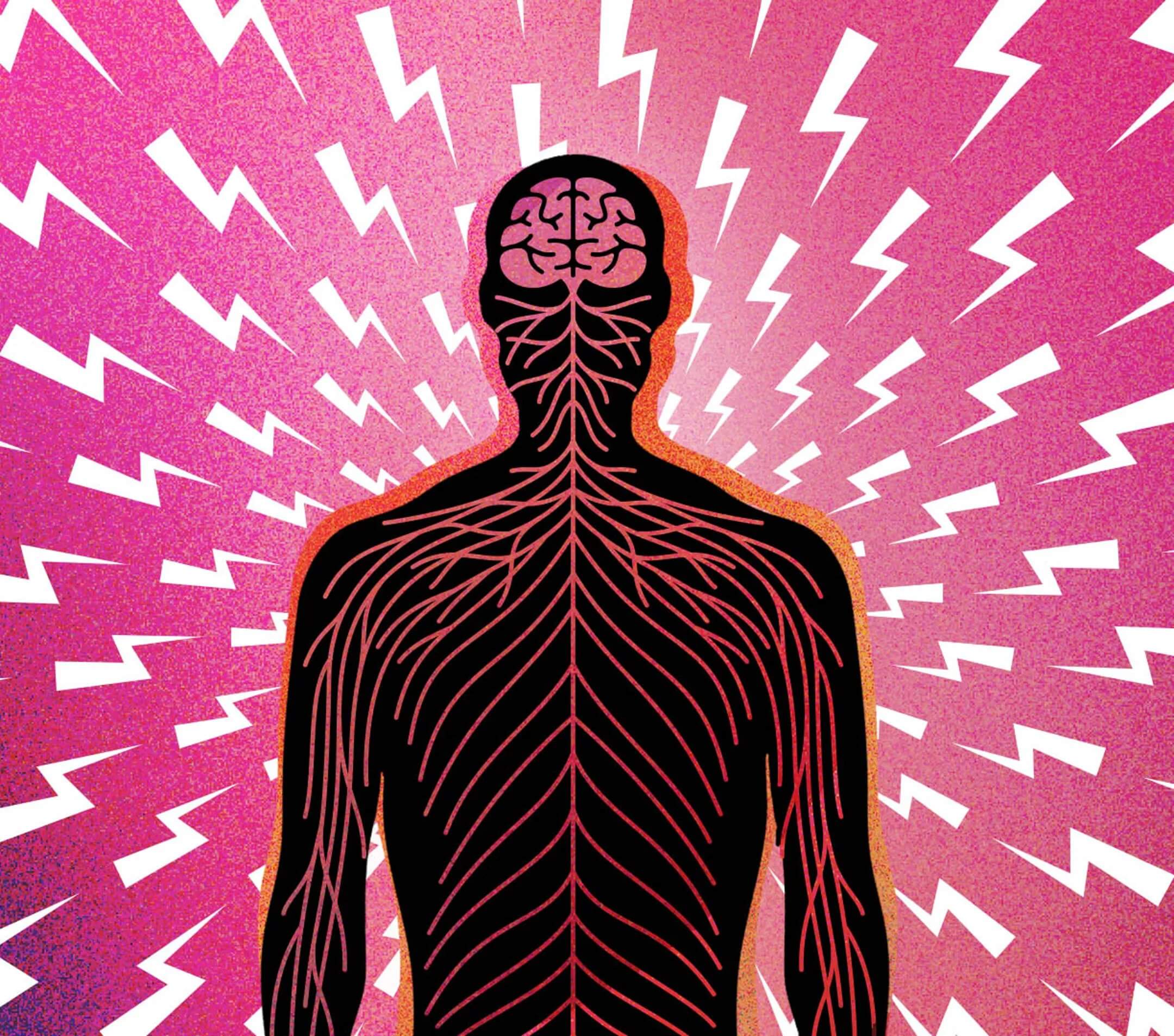INTRODUCTION:
Chronic pain and depression are two of the most common and debilitating health conditions that people can experience. Unfortunately, they often go hand in hand, with chronic pain frequently leading to depression, and vice versa. Traditional treatments for chronic pain and depression can be ineffective, and may come with significant side effects. However, ketamine infusions have emerged as a promising new treatment option for both conditions. In this blog post, we will explore the connection between chronic pain and depression and how ketamine infusions can help.
What is Ketamine Infusion Therapy?
Ketamine is a dissociative anesthetic that has been used for decades to manage pain and sedate patients during surgery. However, in recent years, researchers have discovered that ketamine has powerful antidepressant and anti-anxiety effects, and it is now being used off-label to treat a variety of mental health conditions, including depression, anxiety, and post-traumatic stress disorder (PTSD). Ketamine infusion therapy involves the administration of ketamine in a controlled setting, usually through an intravenous infusion or intranasal spray. The effects of ketamine infusion therapy are rapid and often last several weeks, making it an attractive option for people who have not responded to traditional treatments.
Chronic Pain and Depression: How They’re Connected
Chronic pain and depression are closely connected. In fact, studies have shown that people with chronic pain are three times more likely to develop depression than people without chronic pain. The exact reasons for this connection are not fully understood, but there are several possible explanations.
First, chronic pain can be extremely debilitating, affecting all aspects of a person’s life. It can make it difficult to perform daily activities, work, or even socialize with friends and family. This can lead to feelings of isolation, hopelessness, and despair, all of which are common symptoms of depression.
Second, chronic pain can disrupt the normal functioning of the brain, leading to changes in brain chemistry that can contribute to depression. For example, chronic pain can lead to a decrease in the production of certain neurotransmitters, such as serotonin and dopamine, which are involved in mood regulation.
Finally, the stress of living with chronic pain can also contribute to the development of depression. Chronic pain can cause stress on both a physical and emotional level, and this stress can lead to the development of depression over time.
Ketamine Infusions for Chronic Pain and Depression:
Ketamine infusion therapy has shown promise as a treatment option for both chronic pain and depression. Studies have found that ketamine infusion therapy can provide rapid relief from both conditions, with many patients experiencing significant improvements in symptoms within hours of treatment.
For chronic pain, ketamine infusion therapy works by blocking a specific type of receptor in the brain called the N-methyl-D-aspartate (NMDA) receptor. This receptor is involved in the transmission of pain signals in the brain, and blocking it can help reduce pain levels. Additionally, ketamine infusion therapy has been found to reduce inflammation in the body, which can also contribute to chronic pain.
For depression, ketamine infusion therapy works by increasing the production of certain neurotransmitters, such as serotonin and dopamine, which are involved in mood regulation. Additionally, ketamine infusion therapy has been found to stimulate the growth of new brain cells, which can help repair damage caused by chronic stress.
Benefits of Ketamine Infusion Therapy:
Rapid Relief: Ketamine infusion therapy has a rapid onset of action, with many patients experiencing relief from symptoms within hours of treatment. This is in contrast to traditional antidepressant and pain medications, which can take several weeks to begin working.
Extended Relief: The effects of ketamine infusion therapy can last for several weeks, which means that patients may require fewer treatments overall compared to other treatment options.
Fewer Side Effects: Ketamine infusion therapy has been found to have fewer side effects compared to traditional antidepressant and pain medications, which can cause a range of unwanted side effects, including nausea, drowsiness, and sexual dysfunction.
Alternative Treatment Option: For people who have not responded to traditional treatments, ketamine infusion therapy offers a new alternative that may be more effective.
Multifaceted Approach: Ketamine infusion therapy addresses both the physical and psychological aspects of chronic pain and depression, making it a comprehensive treatment approach.
Conclusion:
Chronic pain and depression are two of the most challenging health conditions that people can experience, and traditional treatments can be ineffective or come with significant side effects. However, ketamine infusion therapy offers a promising new treatment option that can provide rapid and extended relief for both conditions. By addressing both the physical and psychological aspects of chronic pain and depression, ketamine infusion therapy offers a multifaceted approach to treatment that may be more effective for some patients. If you or a loved one is struggling with chronic pain or depression, talk to your healthcare provider about whether ketamine infusion therapy may be a good option for you.

